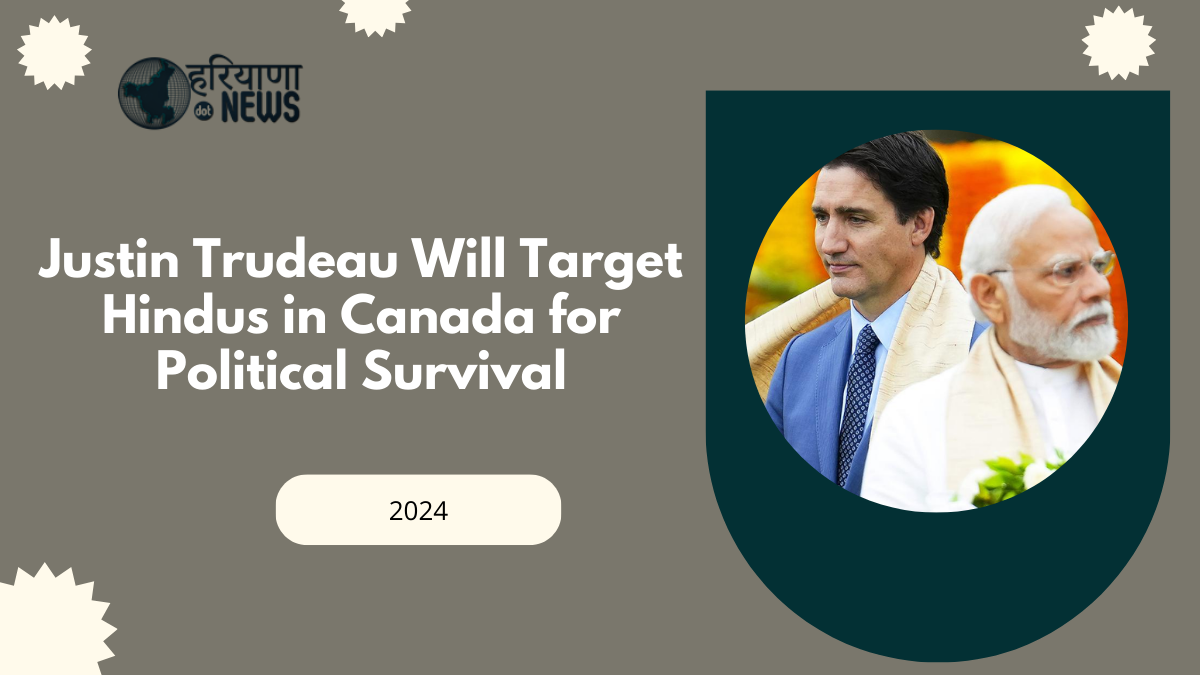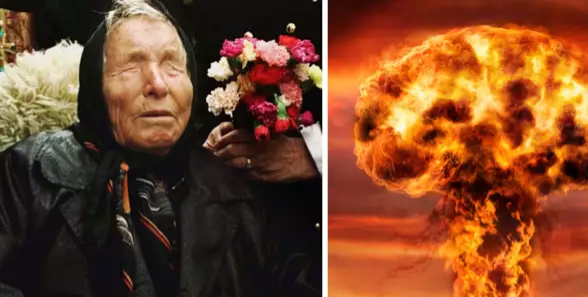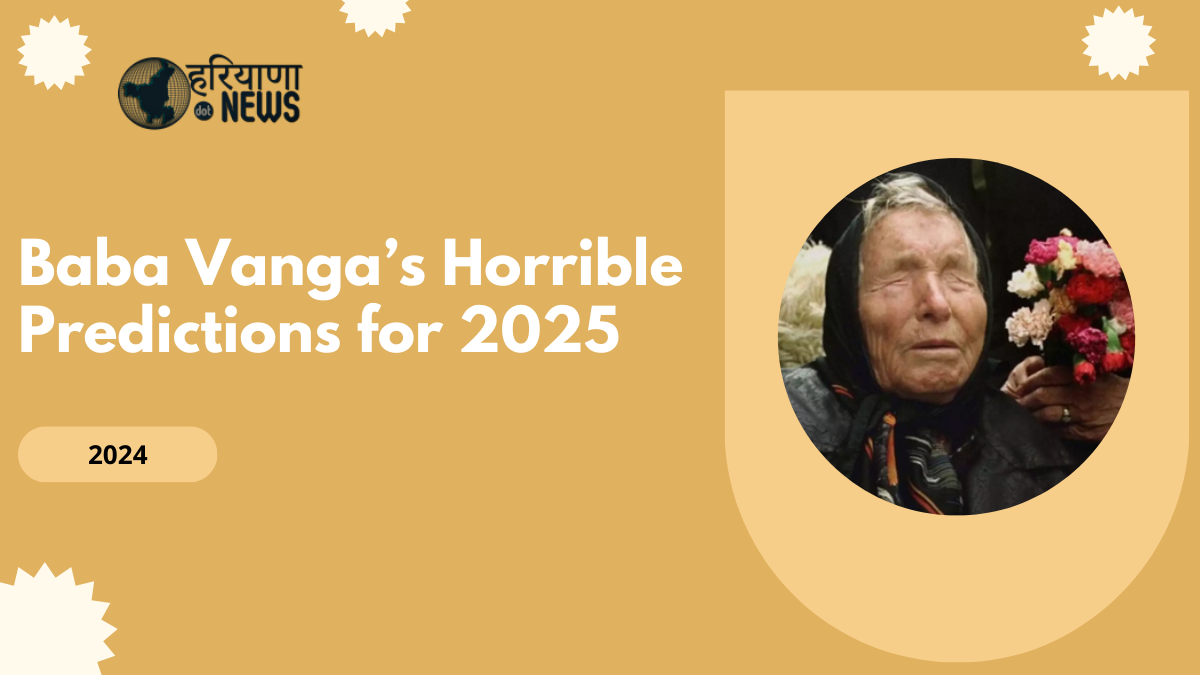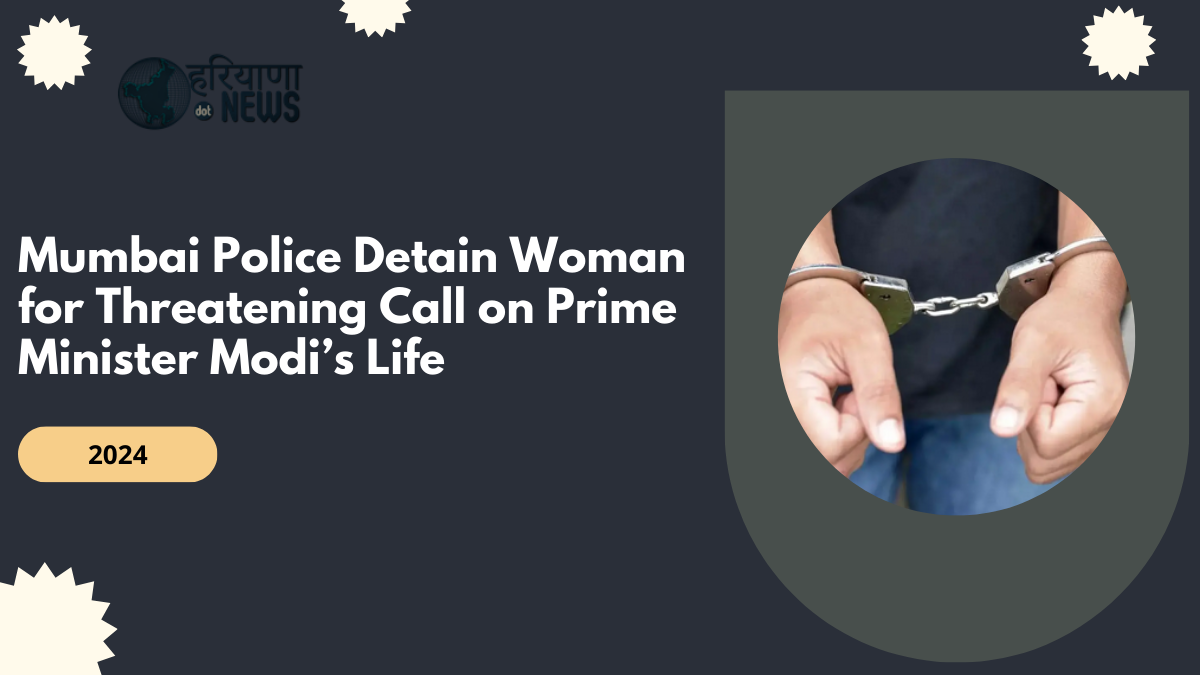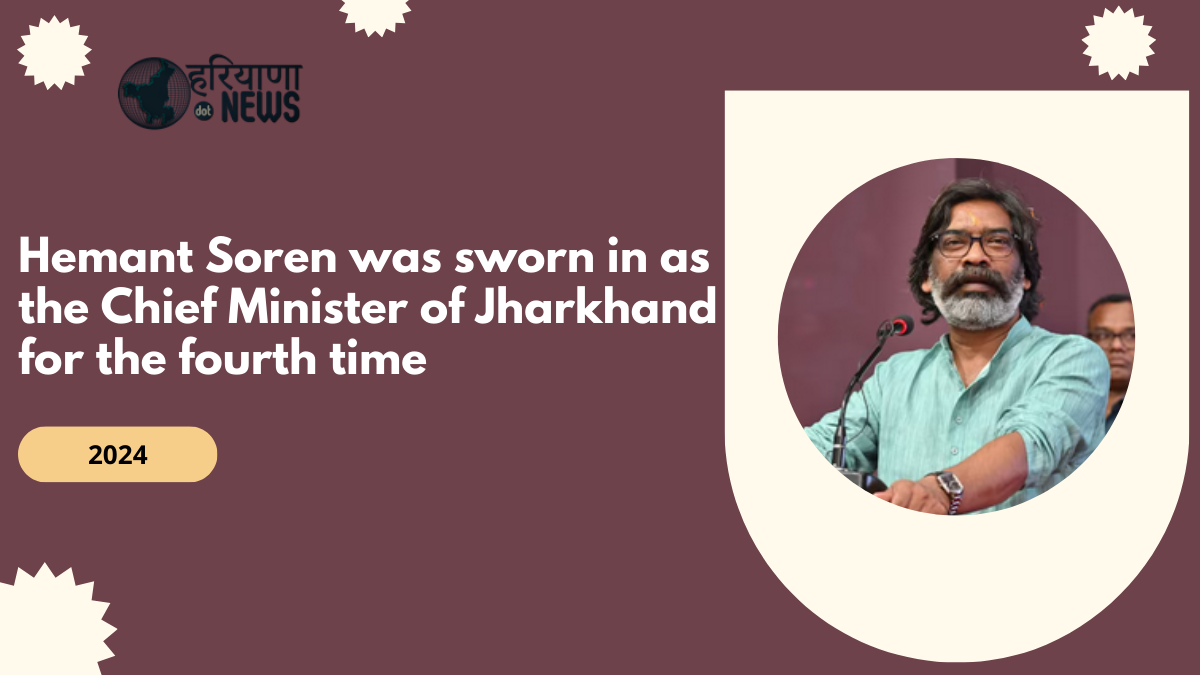NDP leader Jagmeet Singh, once a close associate of Justin Trudeau, has stirred controversy by accusing Canadian Hindus of being hostile towards both Sikhs and Muslims. These remarks have raised tensions in Canada’s diverse communities, as well as further strained diplomatic relations between Canada and India.
Indian Diplomats Face Threats, Begin Quiet Exit from Canada
New Delhi: Six Indian diplomats, led by High Commissioner Sanjay Kumar Verma, are set to leave Canada in response to escalating threats from pro-Khalistani elements. These groups, allegedly backed by Justin Trudeau’s administration, have created a hostile environment for Indian diplomats. To avoid additional risks, the diplomats are departing Canada discreetly, taking different flights and private travel arrangements, and plan to return to India by Saturday.
Shrinking Diplomatic Representation Amid Rising Tensions
As these diplomats return home, India’s diplomatic team in Canada will shrink to just nine officials. This reduction follows India’s expulsion of six Canadian diplomats. In contrast, Canada will still maintain a relatively more significant diplomatic presence in India, with 15 diplomats stationed in the country. Previously, India had 12 diplomats in Canada, while Canada maintained a much larger contingent of 62 in New Delhi, highlighting the disparity between the two nations’ diplomatic staffing.
Trudeau’s Targeting of Canadian Hindus for Political Survival
Trudeau’s actions have drawn criticism, as he seems willing to align himself with the pro-Khalistani New Democratic Party (NDP) and adopt its stance of accusing Canadian Hindus of being antagonistic toward both Sikhs and Muslims. Many political observers see this as a move by Trudeau to maintain power by playing on divisive rhetoric and appealing to specific voter groups.
Trudeau is also attempting to build alliances with other Canadian political factions to continue pointing the finger at India for the June 18, 2023, murder of Khalistani leader Hardeep Singh Nijjar. With an eye on securing his Sikh voter base, Trudeau has reportedly sought support from Western allies, including the Five Eyes intelligence network. Meanwhile, reports indicate that Pakistan’s intelligence services, with assistance from groups like the National Council of Canadian Muslims, are exacerbating tensions between India and Canada.
Trudeau’s Political Strategy and the Role of Law Enforcement
Political analysts in Canada suggest that Justin Trudeau may lean on both the Foreign Interference Commission and the Royal Canadian Mounted Police (RCMP) to solidify his claims of India’s involvement in the Nijjar case. However, doubts have surfaced about the strength of these allegations, as the RCMP has yet to bring formal charges. This has led critics to ask why, if Trudeau claims to have solid evidence, no charges have been laid against Indian agents allegedly involved.
It’s becoming evident that Trudeau may be using the Nijjar case as a strategic tool to secure support from pro-Khalistani voters. The inquiry into foreign interference, led by the Foreign Interference Commission, has been criticized for its bias, as Indian-aligned groups have not been allowed to provide their side of the story. Trudeau himself is expected to testify before this commission on October 16, a day after the Minister of Public Safety takes the stand. Critics argue that the inquiry is more focused on smearing India’s reputation than conducting a fair investigation.
The Nijjar Case: Manipulating the Narrative
Despite the lack of charges by the RCMP in Nijjar’s murder, Trudeau took it upon himself to accuse India of involvement in a public address to the Canadian Parliament on September 18, 2023. Sources suggest that Trudeau’s government may try to turn one of the four Sikh youth arrested in connection with the murder into a witness against India. Given that these individuals are either Canadian citizens or asylum seekers, they may have personal incentives to make statements implicating India, mainly since there would be no Indian legal team present to defend against such claims.
 Mumbai Police Detain Woman for Threatening Call on Prime Minister Modi’s Life
Mumbai Police Detain Woman for Threatening Call on Prime Minister Modi’s Life
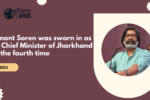 Hemant Soren was sworn in as the Chief Minister of Jharkhand for the fourth time, took oath as Jharkhand’s 14th chief minister
Hemant Soren was sworn in as the Chief Minister of Jharkhand for the fourth time, took oath as Jharkhand’s 14th chief minister
 India’s Strategic Breakthrough: Advancing SLBM Capabilities with INS Arighaat
India’s Strategic Breakthrough: Advancing SLBM Capabilities with INS Arighaat
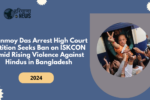 Chinmoy Das Arrest: High Court Petition Seeks Ban on ISKCON Amid Rising Violence Against Hindus in Bangladesh
Chinmoy Das Arrest: High Court Petition Seeks Ban on ISKCON Amid Rising Violence Against Hindus in Bangladesh
 Bangladesh Police Use Tear Gas and Batons Against Hindu Protesters After Chinmoy Das’ Arrest
Bangladesh Police Use Tear Gas and Batons Against Hindu Protesters After Chinmoy Das’ Arrest





Further adding to the tension, pro-Khalistani groups in Canada have escalated their rhetoric by placing a bounty of half a million Canadian dollars on High Commissioner Sanjay Verma’s head. This threat followed a protest in Vancouver where Khalistani supporters were seen ‘shooting and burning’ an effigy of Verma, signalling the level of hostility Indian officials are facing in Canada.
Canada’s Alleged Interference in Indian Politics
While Trudeau accuses India of meddling in Canadian affairs, Indian intelligence agencies claim to have evidence of Canadian diplomats engaging in covert political activities in New Delhi and Chandigarh. These diplomats are accused of encouraging radicalism within the Sikh community in Punjab, allegedly by supporting the farmers’ protests and pushing a narrative critical of the Indian government’s human rights record.
The relationship between India and Canada has significantly worsened, particularly under Trudeau’s leadership. His apparent backing of Khalistani groups and alleged interference in India’s domestic matters have only deepened the rift between the two nations, leading to a breakdown in diplomatic relations.
Trudeau’s High-Stakes Political Gamble
For Justin Trudeau, the stakes are higher than ever. His reliance on radical Sikh factions to secure his political future has placed Canada’s relationship with India in serious jeopardy. By exploiting the Nijjar case as a political tool, Trudeau has shown a willingness to jeopardize diplomatic norms and alienate a significant global ally. His actions indicate that maintaining power within Canada’s increasingly polarized political landscape is his primary concern.
Ultimately, Trudeau’s political career may depend on how far he is willing to go to retain support from these key voter bases, even if it comes at the cost of damaging Canada’s reputation on the international stage and further isolating important partners like India.
Click here to know more.

